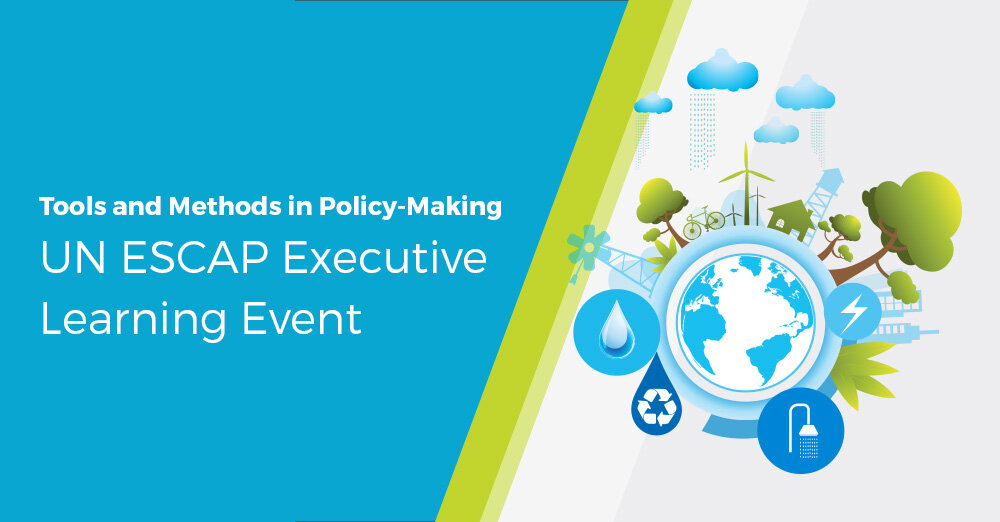The United Nations (UN) Economic and Social Commission for Asia and the Pacific (ESCAP) recently ran a leadership learning session on environmental governance to provide policymakers with a better understanding of different approaches for dealing with the challenges of sustainable development. Our Managing Director, Nicole Hunter, spoke at the session.
The event
Nicole was asked by UN ESCAP to share her insights at the executive learning event, which was conducted by the Environmental and Development Division, on the 23rd of November 2020.
Each learning session included around 20 senior officials from various ministries and agencies, most having responsibility for environmental issues in their respective countries. Sessions were delivered virtually through an e-learning platform.
The session was attended by people from across Asia Pacific including Myanmar, Thailand, Bangladesh, Malaysia, Marshall Islands, Nepal, Tonga, Timor-Leste, China, Brunei Darusalam, Kazakhstan, Bangkok, and Vietnam.
THE CONVERSATION
The learning event explored the following:
What kinds of approaches, tools and methods can help policy-makers deal with complexity and uncertainty in policy-making?
How does data innovation and digitalisation help improve policy-making processes?
What are the different approaches to engaging stakeholders in policy-making?
Nicole’s session was specifically about the tools and methods for managing complexity in policy and decision-making, with her session focusing on ‘Citizen Juries and managing water services for equity, efficiency and sustainability’.
Key questions
The key questions were about applying deliberative processes in developing countries – some of them being:
How do we recruit participants in areas where they may not have fixed addresses?
What about literacy issues – how can they be dealt with?
What about cultures where people might defer to others (e.g women might not speak in front of men). How is this dynamic managed in a process like this?
What about if the government doesn’t support such processes, how do we implement them?
“It was fantastic to hear from the participants about the issues they are trying to solve and to think about the application of this methodology in very different cultural and political settings”


